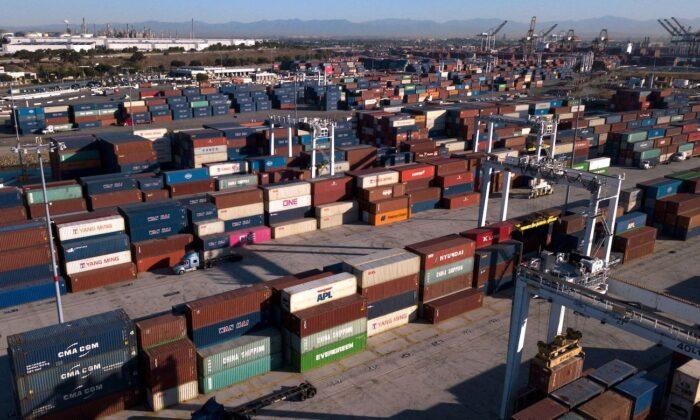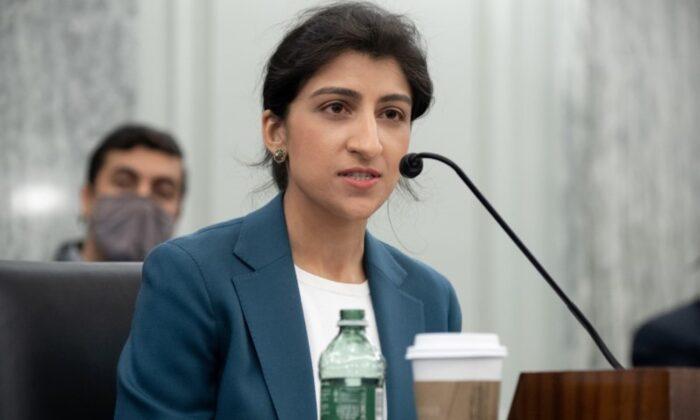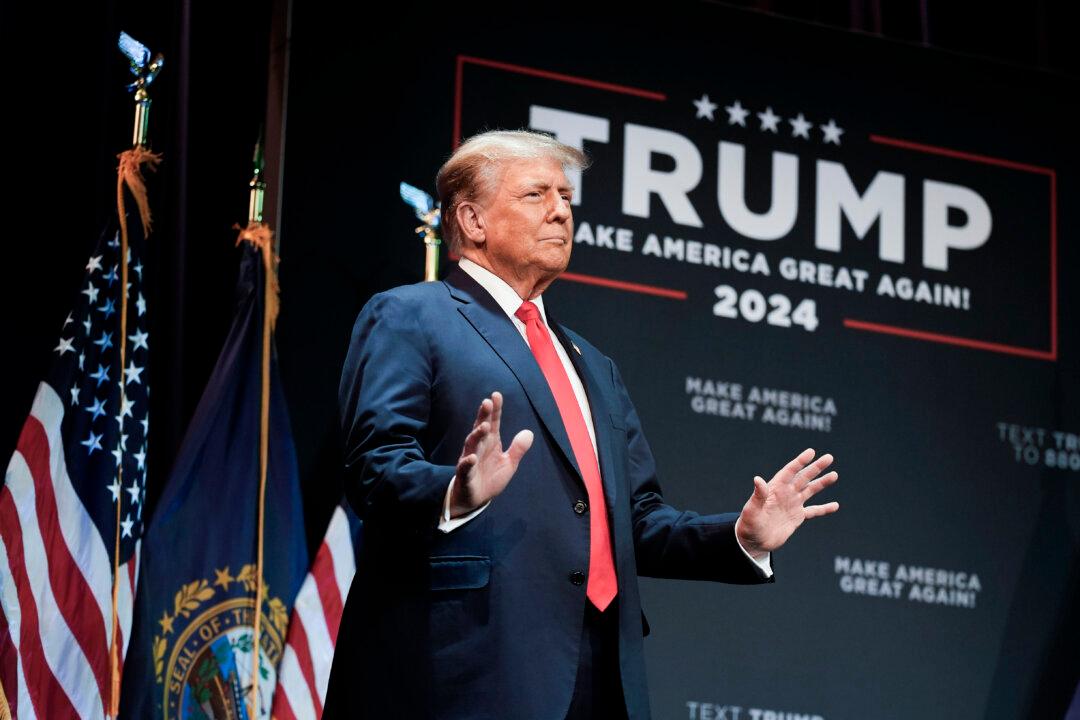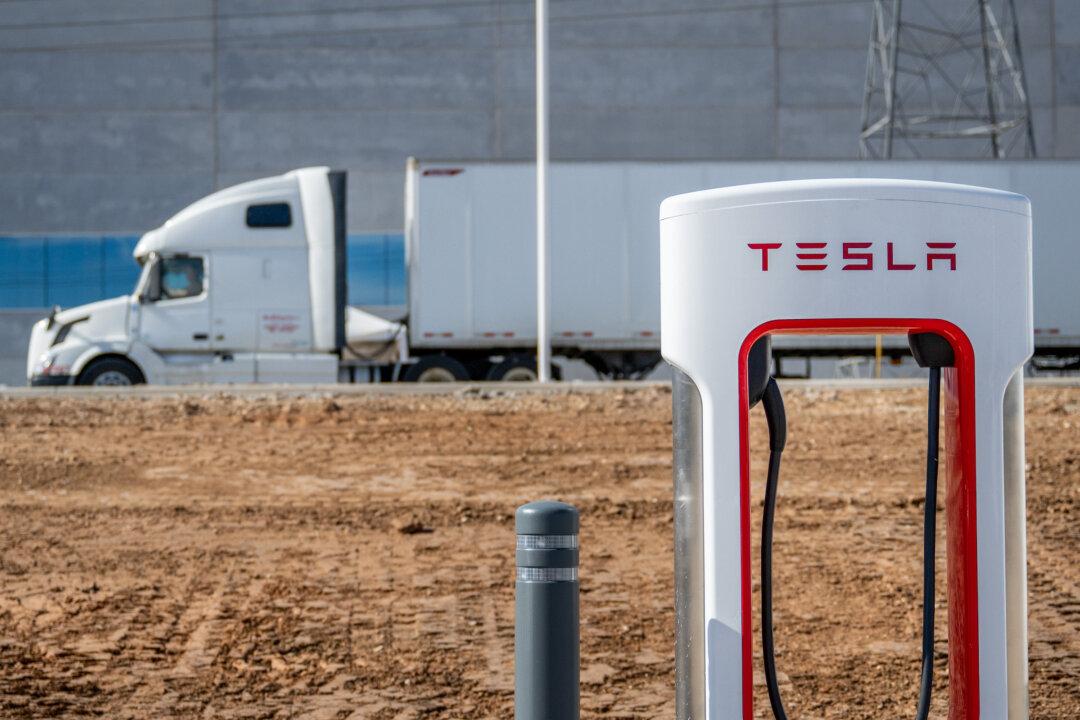The prices of U.S. imports and exports surged in October, adding to signs that the current bout of inflation, which Federal Reserve policymakers and Biden administration officials say is “transitory,” could prove to be considerably more persistent.
Fuel import prices saw an explosive rise, up 8.6 percent over the month and a whopping 86.7 percent over the year in October.
Export prices, too, saw a sharp run-up, growing 1.5 percent over the month and 18 percent over the year, with the latter being the largest 12-month increase in the history of the series, which dates back to 1983.
While the import and export price indexes reflect inflationary trends in internationally traded products, they offer insight into the broader theme of inflation, which has become a key issue for many Americans and a political problem for the Biden administration.
“Inflation is a defining piece of the post-COVID economic recovery,” said Jackie Benson, senior economist for Republicans on the Joint Economic Committee. “While much of the conversation has focused on whether today’s rising prices are transitory or permanent (it is actually a mix of both), less attention has been paid to how inflation is affecting our economic recovery and American families’ livelihoods.
“Unfortunately, the data show that surging prices of everyday items like food, gas, and housing disproportionately affect poor and middle-class Americans,” Benson added.
The report comes as Republicans remain opposed to Democrats’ plans for President Joe Biden’s “Build Back Better” climate and social spending package, warning it could fuel further price hikes.
“Our economy, and American families, will continue to suffer under this reckless tax-and-spend agenda,” Boozman wrote. “Build Back Better will make inflation worse.”
Biden administration officials disagree, arguing that the spending packages will have an anti-inflationary impact.
Biden said “17 Nobel Prize winners in economics have said that my plan will ‘ease inflationary pressures,'” arguing that the recently passed infrastructure bill would reduce supply-side bottlenecks and “make goods more available and less costly.”
Psaki, in the Nov. 12 briefing, accused Republicans of “screaming about inflation” and using the issue as a “political cudgel,” while being uncooperative in searching for a solution to the problem, which she argued should come in the form of backing Biden’s big-ticket spending plans.






Friends Read Free